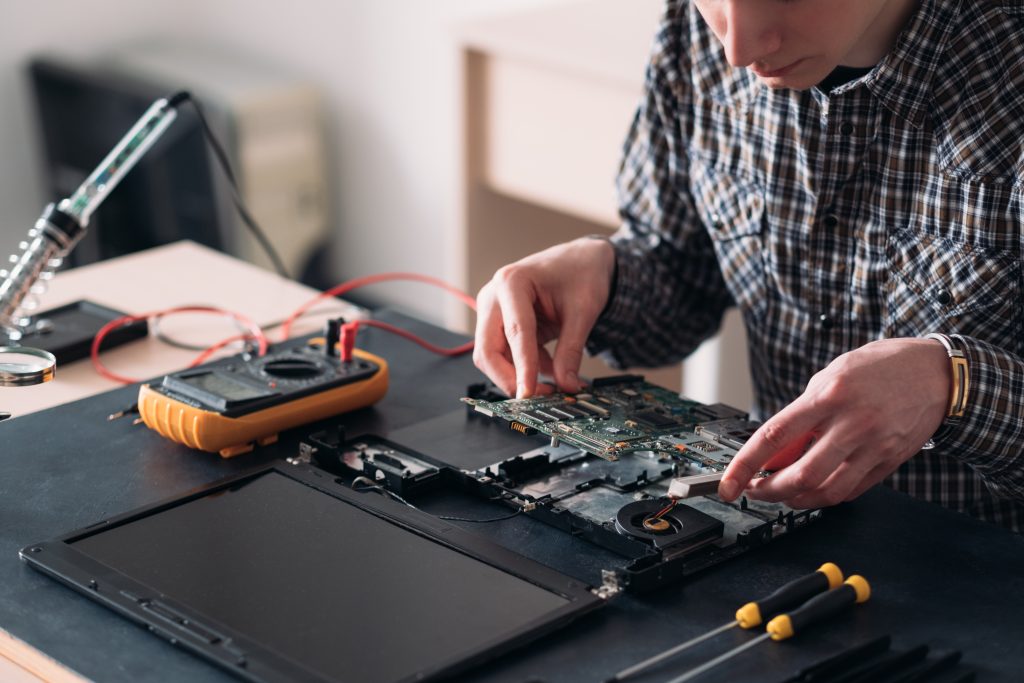Pursuing an Electrical and Electronics Engineering (EEE) Honours degree is a challenging yet rewarding endeavour. To thrive in such a rigorous program, students must develop and hone a variety of skills. Here are the five essential skills that are crucial for success in your EEE studies.
Strong Analytical and Problem-Solving Skills
In Bachelor of Electrical and Electronics Engineering, students must be adept at understanding complex systems and breaking down problems into manageable parts. This requires a solid foundation in mathematics and physics, as these subjects provide the tools needed to analyse circuits, signals, and systems. Problem-solving in engineering often involves creating innovative solutions to technical challenges, making these skills indispensable for any EEE student. For instance, when faced with a malfunctioning circuit, an engineer must systematically identify the issue, consider various troubleshooting methods, and apply the most effective solution.
Technical Proficiency
Technical proficiency encompasses a range of skills, including the use of engineering software, an understanding of electronic components, and familiarity with circuit design. Proficiency in computer-aided design (CAD) tools and simulation software is essential for creating and testing circuit layouts. Additionally, programming skills are increasingly important for engineering tasks involving coding and software development. Students should also be comfortable working with various tools and technologies, such as oscilloscopes, multimeters, and soldering equipment.
Effective Communication Skills
Communication is crucial for engineers to convey complex technical information, let alone students from the bachelor of Electrical and Electronics Engineering. Students must present research studies, write technical papers, and participate in group projects. Strong communication skills enable effective idea sharing and teamwork, ensuring project success.
Time Management and Organisation
The nature of a bachelor of Electrical and Electronics Engineering programme requires excellent time management and organisational skills. Students must balance coursework, lab work, projects, and possibly internships or part-time jobs. Effective time management involves prioritising tasks, meeting deadlines, and maintaining a consistent study schedule. Developing a systematic approach to studying and project management can greatly enhance productivity and reduce stress.
Research and Innovation
Research skills are fundamental in an honours program, where students are often required to undertake independent projects and contribute to new knowledge in the field. This involves literature reviews, experimental design, data analysis, and presenting findings. Being innovative and open to new ideas is also critical, as the field of Electrical and Electronics Engineering constantly evolves with technological advancements. Engaging in research projects allows students to apply theoretical concepts to practical problems, fostering a deeper understanding of the subject matter.
Master Your Skills at DIMENSIONS
Strong analytical, technical, communication, and organisational skills, combined with a focus on research and innovation, are essential for success in the bachelor of Electrical and Electronics Engineering Honours programme. These skills prepare students for academic excellence and a dynamic, impactful engineering career.
At DIMENSIONS International College, we are committed to providing a robust educational experience that equips our students with the necessary skills and knowledge to excel. Discover how our Bachelor of Engineering in Electrical and Electronics Engineering programme can shape your future in this ever-evolving field.


